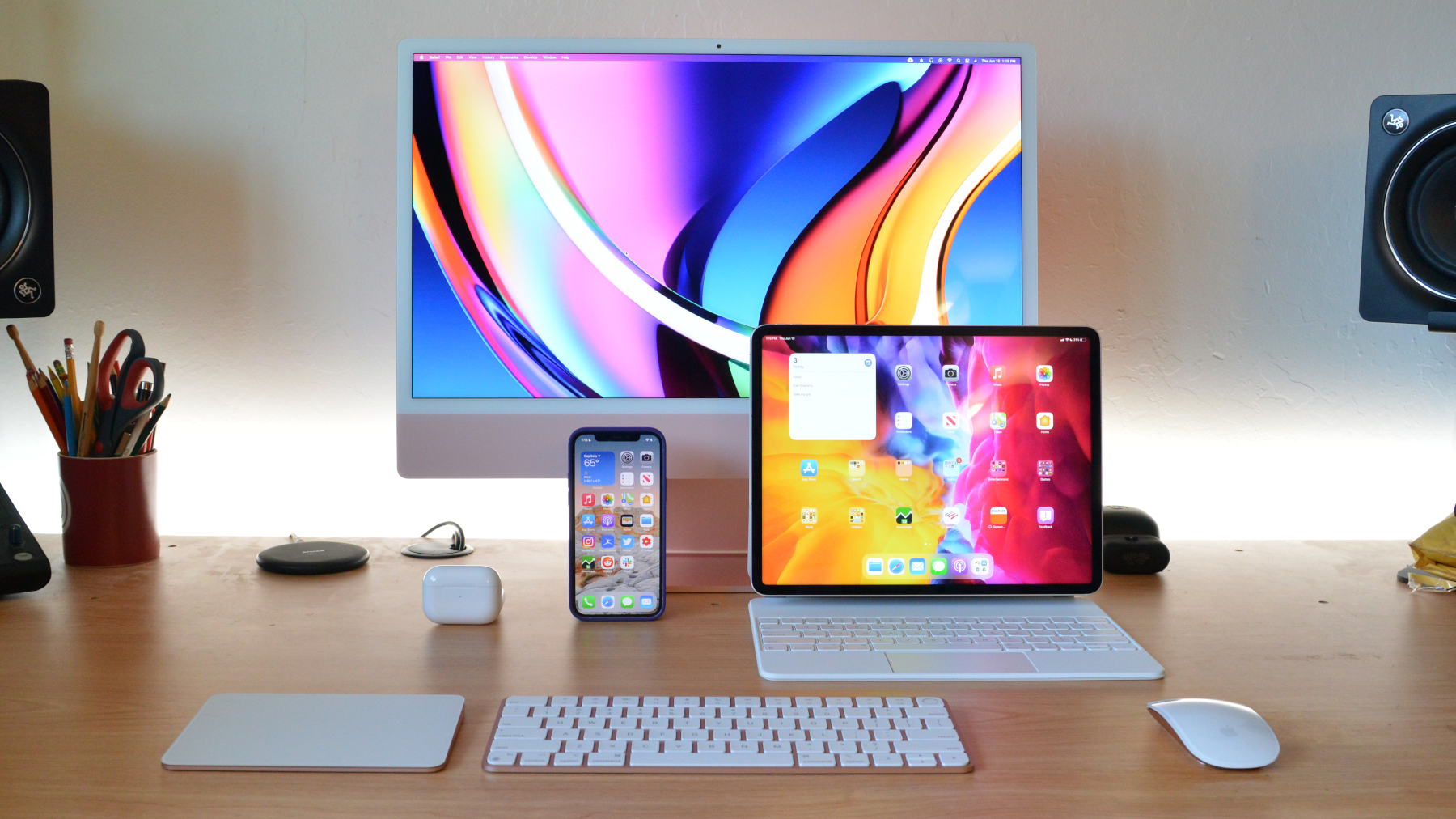by Sarah Mineiro —

The space-based navigation capabilities of the United States and its allies remain vulnerable to spoofing, denial and attack
Video and images of Russia’s illegitimate attempt to deny Ukrainian sovereignty have shocked the world – especially the gruesome attacks in civilian urban areas. But some of the war’s most strategic impacts may well occur in less physically observable domains: space and cyberspace.
The United States and its allies remain vulnerable to spoofing, denial and attack. While Russia’s ground forces may not have delivered the swift stroke Putin expected, its cyber capabilities could fare far better in a future fight and the West needs to be ready.
As we continue to observe Russia escalate this conflict, we must be prepared to understand the threats to our Global Positioning System capabilities, actively defend the GPS system, and work with partners and allies to creatively architect a way to deny hostile actors like Russia the benefits of jamming GPS.
Asymmetric vulnerability and asset
Russia has long identified U.S. reliance on space-based positioning, navigation and timing (PNT) as an asymmetric vulnerability to be denied early in any conflict with the West. Moscow assesses that the U.S. and its allies are reliant on GPS to conduct effective military operations while Russia can continue to rely on its own space-based PNT system, GLONASS, to provide them support. Recently, HawkEye360, a U.S.-based company which uses satellites to collect radio-frequency signals and provides data analytics services, reported extensive GPS interference activity over Ukraine.
But the vulnerability goes even deeper. When Russia irresponsibly tested a destructive anti-satellite weapon on November 15, 2021, the Kremlin claimed on state television this capability “means that if NATO crosses our red line, it risks losing all 32 of its GPS satellites at once.” This was a remarkably more dangerous threat than average observers may realize. The U.S. nuclear detection system is housed on these GPS satellites. Kinetic destruction of these satellites must therefore be considered in the context of its impact on the West’s ability to detect nuclear detonations in the atmosphere or in space.
These threats are significant, but as retired military leaders Dennis Blair and Paul Selva recently observed, “the good news is that the United States is not hopeless. There is a way forward.” I share their general optimism and have some additional recommendations.
Know Your Enemy. In any escalating conflict, Russian threats to GPS are likely to come across all operational domains – ground, air, sea, space, and cyberspace. Russia has aided in the proliferation of handheld GPS jammers, deployment of road-mobile jammers, and even development and testing of space-based jammers that could target our satellites. Additionally, Russia has a robust cyberspace hacking capability which could target the ground control system of our GPS constellation, rendering it inoperable or manipulating the signal.
Recently, Gen. James Dickinson, commander of U.S. Space Command, told industry they need better tools for identifying the “source of nefarious activity in orbit.” More resources need to be dedicated to space threat intelligence analysis from both a technical and employment perspective.
Keep It Simple. Once you know what you are up against, you need to be able to defend yourself and provide your mission capabilities through a denied environment. As is typically the case, the simplest solution is probably the best — launch existing GPS III satellites that are currently already produced and just waiting for a ride to space. These satellites provide better accuracy, anti-jamming capabilities, and opportunities for allied civilian connectivity which could prove crucial in the context of the continued Ukrainian conflict. Additional GPS IIIF satellites continue to improve upon defensive anti-jam capabilities and most importantly also provide the possibility for continued on-orbit development and experimentation to keep pace with future threats. Ensuring the availability of these assets helps provide critical mission assurance as well as capacity and resilience of the overall mission.
Build a Team. The conflict in Ukraine highlights the vital strength of America’s allies and partners. Leveraging both to creatively architect alternative global navigation space systems (GNSS) services and capabilities not only builds resiliency into the system but also bolsters our strategic deterrent in the face of Russia’s flagrantly illegal, irresponsible behavior. Congress has also noted as much through recent authorization and appropriations which required the Air Force to develop multi-global navigation space systems’ receivers to enhance operational resiliency as well as “generate resilient alternative PNT signals.” Building architectures and technical solutions that enhance the capabilities of our GPS capabilities with partners and allies demonstrates our commitment to an international rules-based order.
While confronted with tragic pictures of Ukraine’s struggle to defend its democracy we must also be prepared to defend democracy in other more distant and less physically observable domains and the protection. And defense of our GPS capabilities is a vital part of that.
Sarah Mineiro is an adjunct senior fellow at the Center for a New American Security and former staff director of the House Armed Services strategic forces subcommittee.
Note: This article have been indexed to our site. We do not claim legitimacy, ownership or copyright of any of the content above. To see the article at original source Click Here













